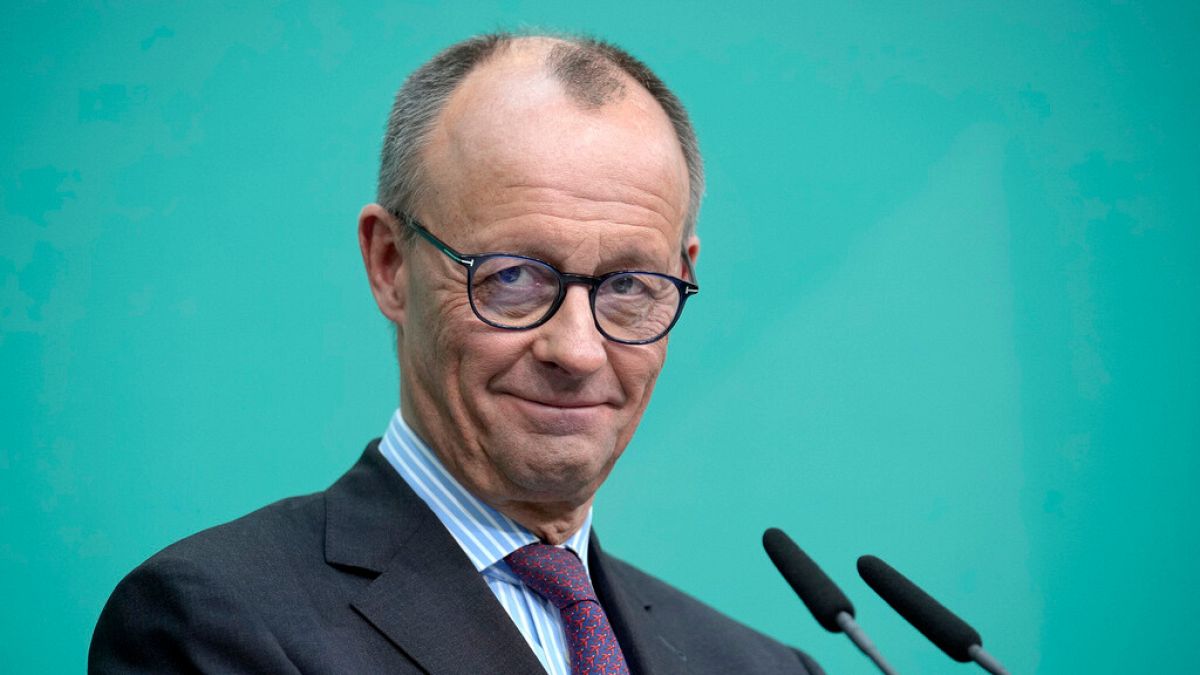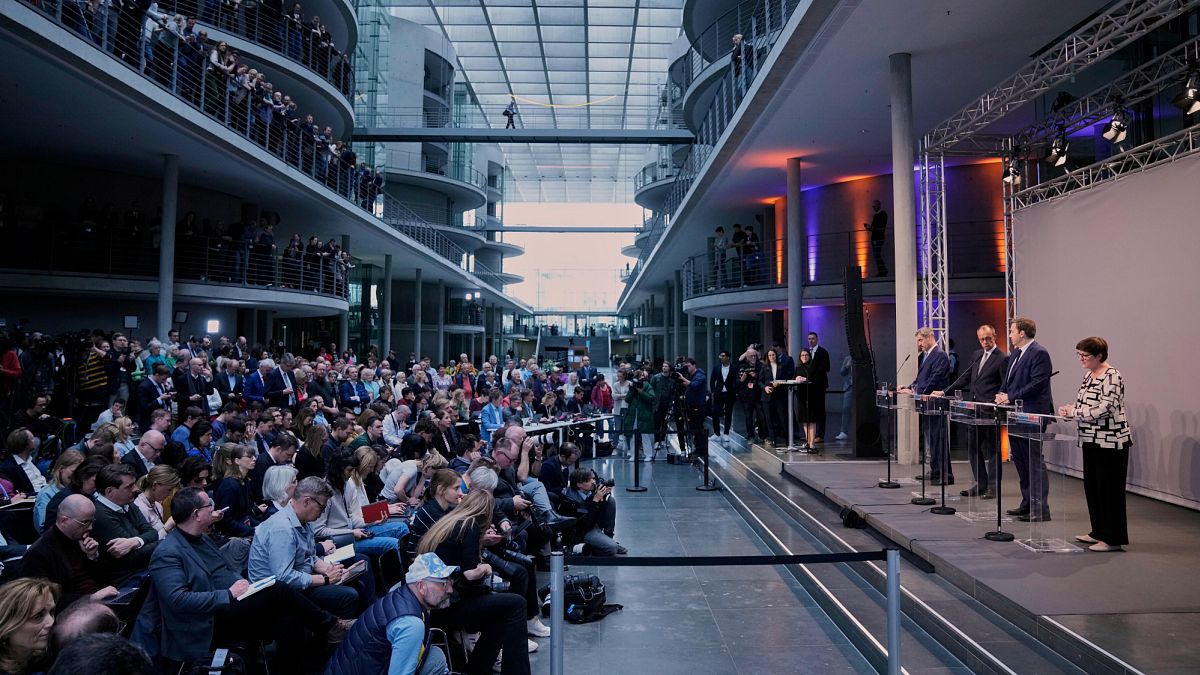Germany
Investors will closely watch the trajectory of küresel business activity in the manufacturing and services sectors this week. Meanwhile, major US tech companies—including Tesla, Microsoft, and Alphabet—are set to report first-quarter earnings, driving the market movements.
Friedrich Merz’s Christian Democrats (CDU), the Christian Social Union (CSU) and the Social Democrats (SPD) last week struck a coalition deal.
Germany’s chancellor in waiting promises an end to instability and to make the country more competitive.
Germany’s €500bn fiscal overhaul is redefining its economy, bypassing debt limits to boost infrastructure and defence. Markets are rallying, with defence stocks surging. Analysts call it a ‘game changer,’ signalling a new era for European growth.
Friedrich Merz, who evvel presented himself as the last line of defence against debt madness, is now set to push Germany’s new debt into the trillion-euro range. This program will accelerate the country’s economic decline, Joachim Nikolaus Steinhöfel writes.
The euro surged for the second consecutive trading day amid the EU’s plan to boost defence spending by hundreds of billion euros.
With domestic problems and foreign policy crises looming large, the pressure is on to form a new government in Berlin.
Merz’s Conservative CDU emerged as the largest party in Sunday’s federal elections, winning 208 seats in the 630-seat German parliament.
Without decisive action, Germany risks stagnation. But with the right reforms, the country can repair and rev up its stuttering economic engine, Alex Roth writes.
German are set to vote for their next leader on Sunday in the country’s snap federal election. The election is expected to feature a high voter turnout with incumbent Chancellor Olaf Scholz up against a considerable opposition from the CDU and far-right AfD parties.

